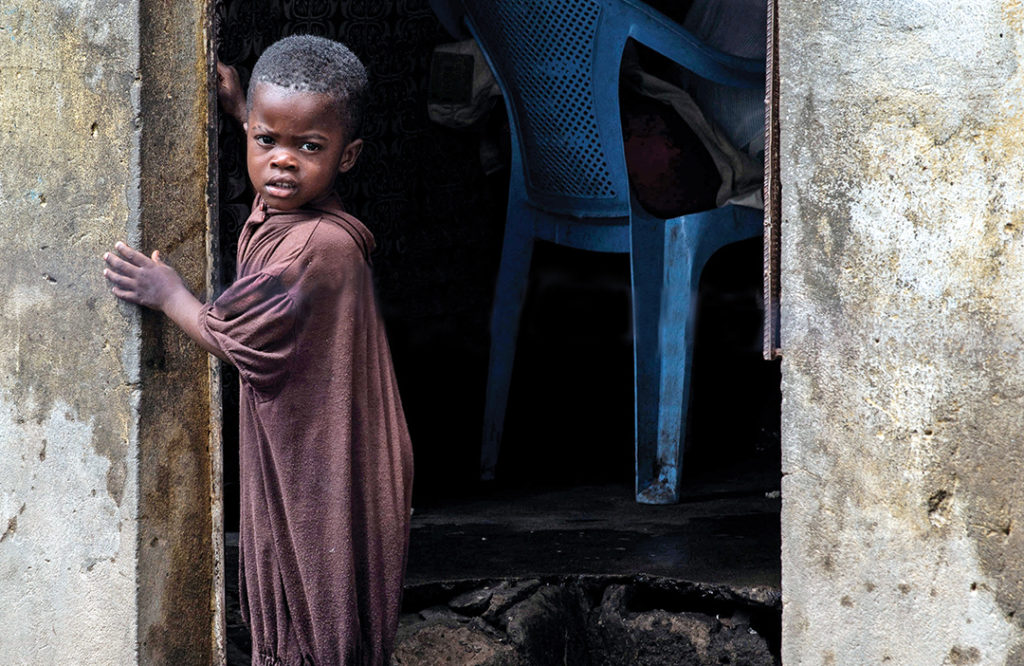UNITED NATIONS NEWS SERVICE
Noting the significant impact climatic activities have on Africa, the World Bank Group announced a plan to increase climate resilience and low-carbon development.
“The consequences of climate change for Africa are devastating and threaten to push millions of people into extreme poverty by 2030, largely due to lower crop yields and higher food prices, and negative health impacts,” said Benoit Bosquet of the World Bank in late November 2015.
The new blueprint, “Accelerating Climate-Resilient and Low-Carbon Development: The Africa Climate Business Plan,” aims to bring attention to and help fund climate-resilience programs and low-carbon plans in the region.
According to the plan, the primary climatic factors affecting the continent are: unavoidable levels of warming owing to past emissions of greenhouse gases; further warming that will have disastrous consequences, such as heat extremes; and considerable uncertainty on what the warming impact will be on local weather patterns and hydrological cycles.
The World Bank said the plan focuses on boosting the continent’s natural, physical, human and social capital. It includes increasing low-carbon energy sources in vulnerable societies.
The plan estimates that the near- to medium-term implementation will cost $6.1 billion to be raised by 2020, of which $5.7 billion is expected to come from the International Development Association and the rest from other sources.
The plan notes that further results could be achieved by 2025 at a cost of about $21 billion.

